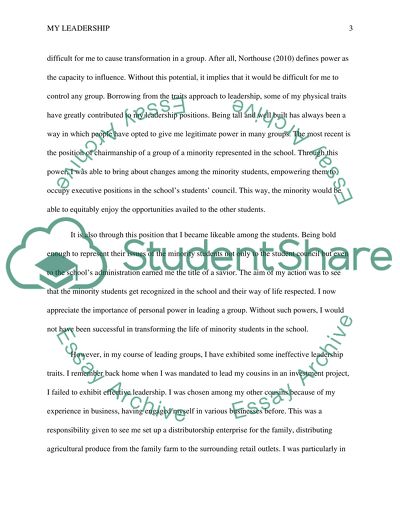Cite this document
(“Individual Leadership Growth Reflection Essay Example | Topics and Well Written Essays - 1500 words”, n.d.)
Retrieved from https://studentshare.org/human-resources/1624161-individual-leadership-growth-reflection
Retrieved from https://studentshare.org/human-resources/1624161-individual-leadership-growth-reflection
(Individual Leadership Growth Reflection Essay Example | Topics and Well Written Essays - 1500 Words)
https://studentshare.org/human-resources/1624161-individual-leadership-growth-reflection.
https://studentshare.org/human-resources/1624161-individual-leadership-growth-reflection.
“Individual Leadership Growth Reflection Essay Example | Topics and Well Written Essays - 1500 Words”, n.d. https://studentshare.org/human-resources/1624161-individual-leadership-growth-reflection.


